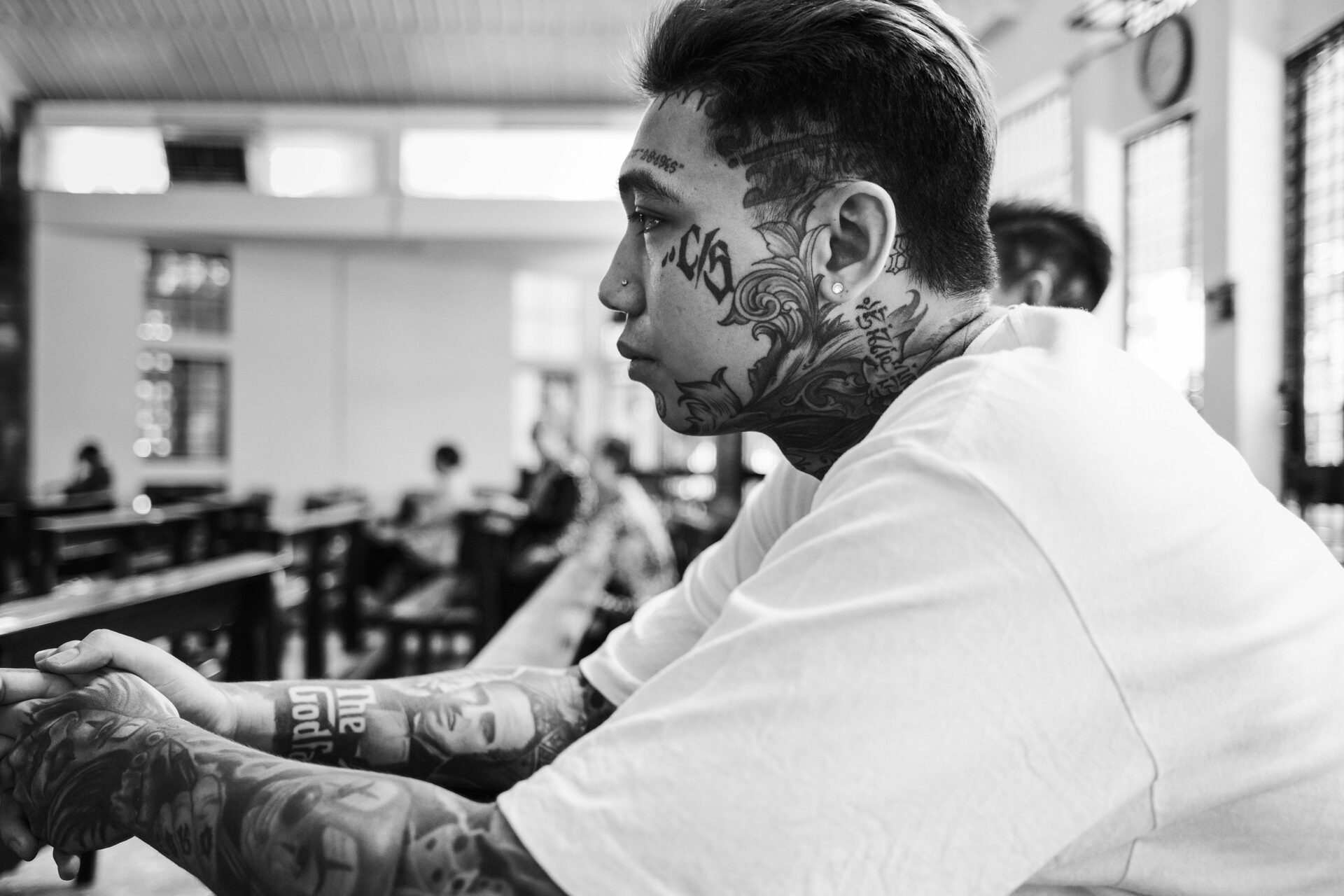Tattoos, more than just skin adornments, represent a form of personal expression rooted in the history and culture of various societies. In countries such as Spain, the practice of tattooing has experienced a remarkable growth, becoming increasingly common among people of different ages and backgrounds. However, the acceptance and perception of tattoos varies drastically in different parts of the world, with some countries imposing restrictions and even legal penalties for wearing them.
A clear example is Japan, a nation with a rich tradition of tattoo art, known as irezumi. Despite this history, tattoos are still associated with criminal culture in many aspects of contemporary Japanese society. This is reflected in the prohibition of tattoos in public places such as saunas, swimming pools and bars, where people with tattoos can be kept away from or even face denial of services. This restriction dates back to the 19th century, when the Japanese government banned tattoos as part of its policy against organized crime, and although society has evolved, this association persists.

In countries such as Sri Lanka and Myanmar, tattoos are generally accepted, but with one notable exception: depictions of Buddha. Here, wearing a Buddha tattoo Buddha is considered highly disrespectful and can result in serious legal consequences for tourists. Cases such as that of a Spanish tourist who was nearly deported from Myanmar for wearing a Buddha tattoo on his calf in 2016, and similar incidents in Sri Lanka, illustrate the cultural sensitivity around religious tattoos in these countries.
In Thailand, despite being a popular destination for tattoo enthusiasts and having a thriving tattoo industry, there is a law that specifically prohibits depictions of Buddha in tattoos, being considered sacred and unfit for bodily display. This measure, while it may seem contradictory given the popularity of tattoos in the country, demonstrates the deep respect for Thai religious traditions.
Furthermore, in countries such as Iran, the United Arab Emirates and Turkey, tattoos are frowned upon or even banned for cultural, religious or legal reasons. In Iran, women with tattoos must conceal them under their clothing to comply with Islamic codes, while in the United Arab Emirates, tattoos are considered self-inflicted harm and can limit employment opportunities in certain sectors, such as the police or military. Turkey, meanwhile, enacted a law in 2014 banning tattoos and piercings among teenagers, along with restrictions on the use of makeup and hair dyes.

In conclusion, while tattoos can be a form of self-discovery and personal expression in many parts of the world, it is important to recognize that in some countries, their presence can have significant legal or social consequences. Understanding cultural attitudes and local regulations is essential to avoid problems and to show respect for the beliefs and norms of each society you visit.
If you are looking for more inspiration don't hesitate to take a look at Ink on Sky or if you want to keep up to date with the most important news of the sector visit our Magazink!
And now you can try for free our all-in-one tattoo studio and artist management software / app Ink on Sky Pro !

Ink on Sky – The Home Of Tattoo
Contact us




